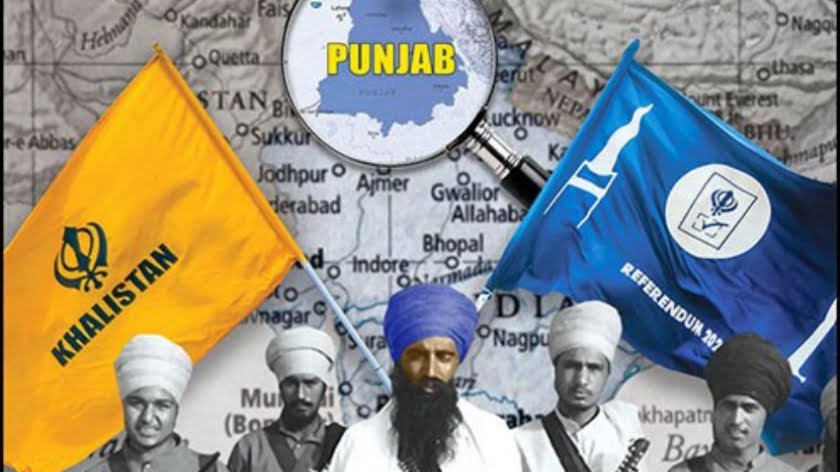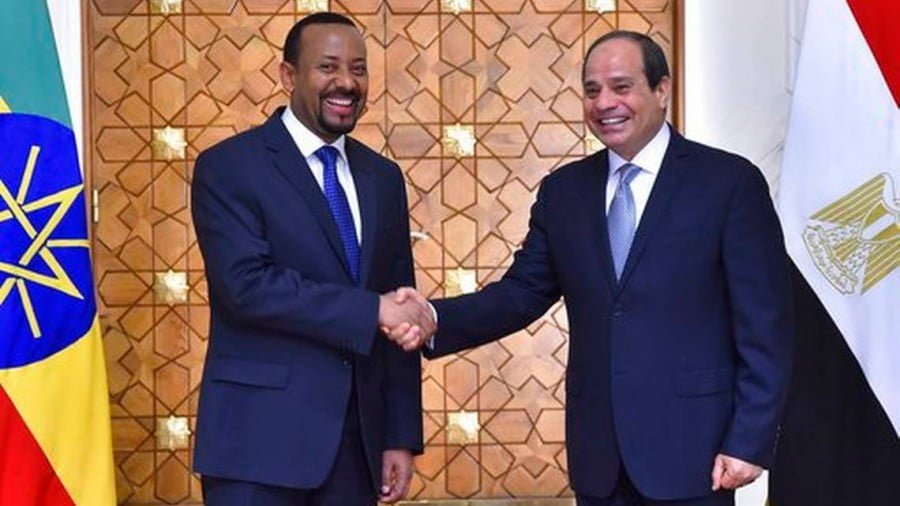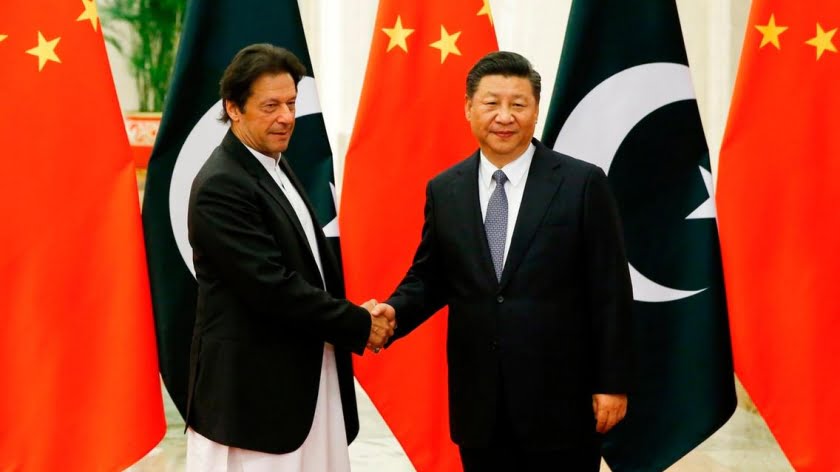India’s Latest Anti-Khalistan Crackdown Is Revenge for Last Week’s Global Protests
India’s arrest of an arriving member of the Sikh diaspora at the New Delhi airport on charges that she was allegedly financing “terrorist activities” is part of its latest crackdown against the Sikhs For Justice who are planning a referendum next year for the independence of Indian Punjab as Khalistan, with the timing of this move also strongly suggesting that it was undertaken as revenge for the global protests that the group organized last week.
India arrested an arriving member of the Sikh diaspora at the New Delhi airport over the weekend on charges that she was allegedly financing “terrorist activities”. Kulib Kaur, who India’s News18 reported had moved to Malaysia in 2008, was wanted for what police said was her role in paying a couple of youths to torch several shops in Indian Punjab a year ago. The authorities claim that she was acting on behalf of the Sikhs For Justice (SFJ), a purely peaceful activist group that’s planning a referendum next year for the independence of that region as Khalistan in line with the self-determination principles stipulated in the UN Charter but which has been smeared by the government as “Pakistani-backed terrorists“. Specifically, the police said that she did so on orders from the group’s legal advisor, Gurpatant Singh Pannun, who India regards as a “terrorist” and even unsuccessfully tried to get Interpol to issue a so-called “red corner notice” for. That attempt failed because the organization knew that Pannun is a peaceful activist who has no ties to actual terrorist groups or foreign intelligence agencies like India alleges but is being harassed for purely political reasons by his homeland.
India hates Pannun so much because he’s been strikingly effective in raising global awareness about the Khalistani cause, especially after the global protests that he organized last week where demonstrators raised the movement’s flag to protest India’s “Independence Day” (which isn’t recognized as such by the Sikh community), the largest of which took place outside India’s UN mission in New York and in London’s Trafalgar Square. Together with Punjabi-born but UK-residing rapper Hard Kaur’s sharp condemnation of India’s state harassment against her for her recent support of the Referendum 2020 campaign going viral last week, it’s evident that India has totally failed in its efforts to suppress awareness of the Khalistani cause across the world, which is why it’s doubling down on the manufactured narrative that the movement is full of “Pakistani-backed terrorists” in a desperate attempt to discredit this indigenous movement. Kulib’s capture at the New Delhi airport is part of India’s crackdown against Khalistan supporters and the entire Sikh community in general.
India’s Sikhs are facing the threat of collective punishment after the central government gave eight states the authority to utilize the so-called “Unlawful Activities (Prevention) Act” (UAPA, which recently had amendments proposed to empower the government to label anyone a “terrorist” without due process) against members of the world’s fifth largest religion in its latest campaign of intimidation to stamp out support for separatism. This move might even precede the imposition of the “Armed Forces (Special Powers) Act” (AFSPA) in part or all of Indian Punjab the closer that it gets to the SFJ’s planned referendum in the region next year. By arresting Kulib, the authorities are trying to intimidate the Sikh diaspora by showing them that no one is safe and that anyone could be arrested upon return to their homeland if they’re even suspected of being sympathetic to the Khalistan movement, let alone linked to the SFJ and especially to Pannun. After the “Israeli”-like unilateral move that it carried out in occupied Kashmir earlier this month in defiance of international criticism, India has confirmed that it’s a rogue state that doesn’t care about human rights.
Therefore, it’s unlikely to flinch if Kulib’s case becomes a cause célèbre since that might have actually been the intent all along, not just because India thinks that this would intimidate the Sikh diaspora and the community in general (especially within its own borders), but because it might want to frame her as a Pakistani version of Indian HybridWar operative Kulbushan Jadhav. There is absolutely no credible comparison between Kulib and Kulbhushan, but the Indian government is desperate to convince the world that the SFJ are “terrorists”, so it can be expected that they’ll do whatever they can to frame her in this false way for “soft power’s” sake and to “justify” what might be its impending crackdown on the entire Sikh community on the basis that such a campaign is an extension of India’s “war on terror” (especially against what it always claims are “Pakistani-backed terrorists”). That narrative approach, however, would likely backfire like everything else that India has attempted to do to crush the Khalistan movement since it would only draw more attention to the struggle and provide ample opportunities to highlight the state’s abuses against Sikhs.
By Andrew Korybko
Source: Eurasia Future







